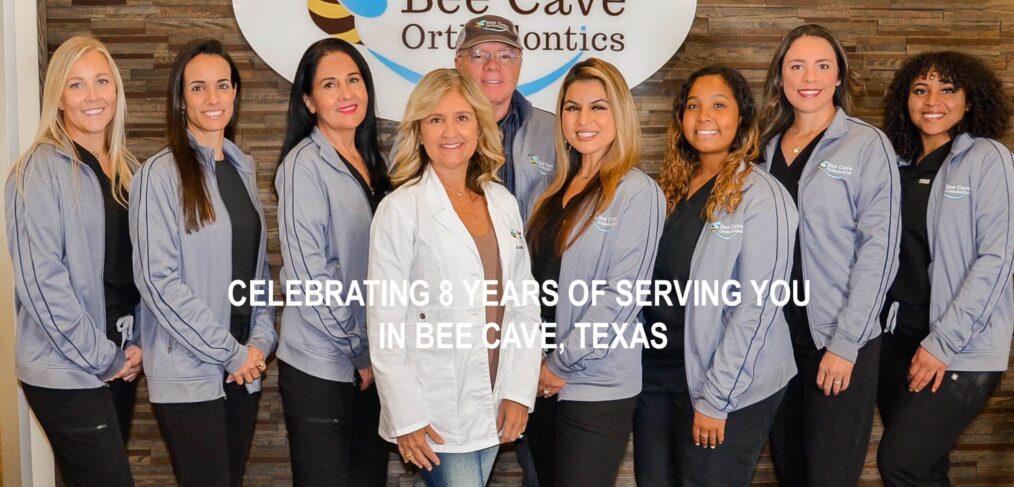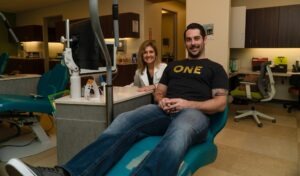What to Do If Your Child Is Afraid of the Dentist
A visit to the dentist can be an overwhelming experience for children, especially if they have had a negative encounter before or simply fear the unknown. Dental anxiety is common, but as a parent, you can take steps to make the experience smoother and less stressful for your child. Here are some practical tips to help ease their fears and create a positive attitude toward dental care.
1. Start Early and Choose the Right Dentist
The American Academy of Pediatric Dentistry recommends that children visit the dentist by their first birthday or within six months of their first tooth erupting. Early visits help your child become familiar with the dentist’s office and create a sense of routine.
Choosing a pediatric dentist can also make a huge difference. These professionals are trained to work with children and create a welcoming, kid-friendly environment. Look for a dentist with experience in handling anxious patients and who uses child-friendly language to explain procedures.
2. Use Positive Language and Role-Playing
Avoid using words that may sound scary, such as “pain,” “shot,” or “drill.” Instead, frame the experience in a positive light, emphasizing the importance of healthy teeth and a bright smile. Role-playing at home can also be beneficial—pretend to be the dentist and let your child be the patient, showing them how easy and gentle a check-up can be.
3. Read Books and Watch Videos About Dentist Visits
Many children’s books and educational videos are designed to introduce kids to dental visits in a fun and engaging way. Stories featuring familiar characters like Peppa Pig or Daniel Tiger visiting the dentist can help demystify the experience and set realistic expectations.
4. Encourage Relaxation Techniques
If your child is especially anxious, teaching relaxation techniques can be helpful. Deep breathing exercises, listening to calming music, or using a comfort item like a stuffed animal can help soothe their nerves before and during the visit.
5. Schedule Wisely
Try to book appointments at a time when your child is well-rested and in a good mood. Avoid scheduling visits during nap times or right after school when they may be tired or irritable. Morning appointments tend to work best for younger children.
6. Be a Calm and Supportive Presence
Children pick up on their parents’ emotions, so if you’re anxious about the visit, they may be too. Stay calm, reassuring, and positive. Let your child know you’ll be there with them and that the dentist is a friendly helper, not someone to fear.
7. Reward Their Bravery
Offering a small reward or praise after a successful visit can help reinforce positive behavior. It doesn’t have to be a big treat—something as simple as a sticker, extra playtime, or a fun activity afterward can work wonders in making future visits less daunting.
8. Address Severe Anxiety with Professional Help
If your child has extreme fear or anxiety that prevents them from getting necessary dental care, consider speaking with a pediatric dentist about options like sedation dentistry or behavioral therapy. These methods can help make visits more manageable for highly anxious children.
Schedule a Free Consultation now!
Helping your child overcome their fear of the dentist takes patience, encouragement, and the right approach. By normalizing the experience, choosing a supportive dental professional, and implementing these strategies, you can help set the foundation for a lifetime of good oral health and stress-free dental visits.
If you’re looking for a kid-friendly dentist, schedule a visit with us today—we make dental care fun, comfortable, and stress-free for children of all ages!
Click here to Schedule a Free Consultation now!
Want to get to know us a little better? Check out our YouTube Videos!










